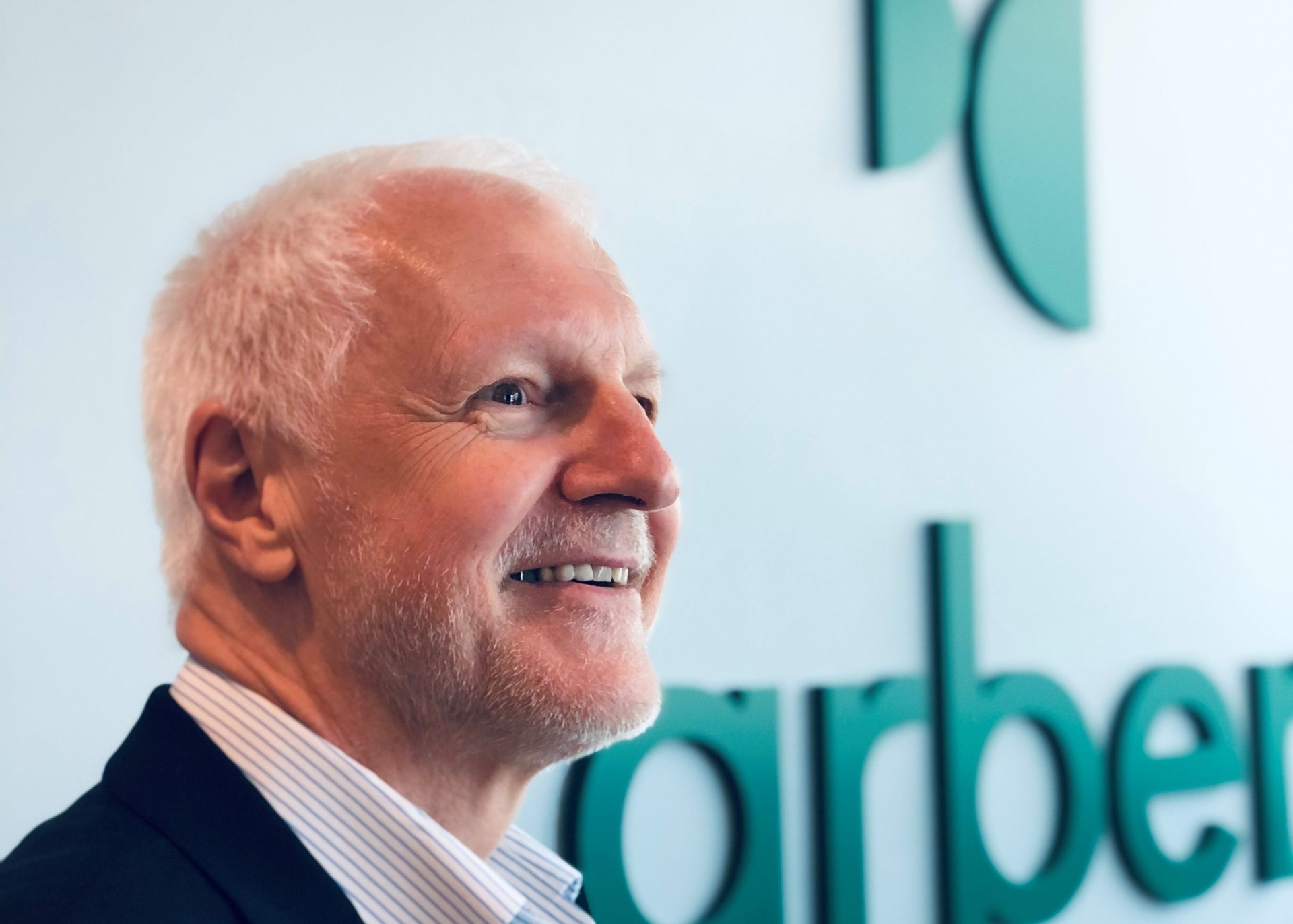Defence and National Security post COVID-19: how governments can help

Stewart Rendall, Associate Professor at the Australian National University, and business executive recently provided Parbery with his thoughts on the implications post COVID-19 for the Defence and National Security landscape. This is the second in a series of articles on this topic.
One cannot disconnect industry from the customer. So I would like to make one small plea to government – stop giving out cash handout grants to industry. Or perhaps more reasonably, keep giving out cash but temper it with alternatives!
I teach an MBA course at ANU. A large number of the students are public servants, some of them senior public servants. I asked the class recently to imagine they were the Treasurer and sought their views on how to make companies who deal with government more effective and efficient.
Most students recommended the government increase cash grant-funding to these companies to assist them to be successful in government contracts. I believe this is an over-simplistic view, instead recommending that government broadens its methods of approaching new Australian solutions and, potentially reduce the amount of grants.
One of the most important changes would be for government to act as a ‘reference site’ or ‘test bed’ and support businesses, particularly SMEs, by acquiring licences and technology. This would permit industry to achieve even greater benefits than cash alone, such as:
- understand the process of acquisition
- trial the technology
- identify the limitations, the pros and cons of the offering,
and provide critical feedback to improve the solution or service,
improve the company and increase the satisfaction of the
users themselves; and - act as a reference site for other organisations,
either in Australia or elsewhere.
It would create an environment to grow real-world solutions and services, and there are examples of where this approach has been a success.
In Australia, one company ‘partnered’ with a Defence and National Security agency to create a solution they believed would be of real value and benefit. The development took place with the total cooperation, suggestions, and assistance of the agency. All funding risk and IP rested with the company and the pre-agreed ‘rules of engagement’ stated this wasn’t going to be a customer-specific project, but rather a global solution.
The agency took the first Alpha and Beta releases as well as the first commercial release. Their constant feedback was both fundamental and instrumental in developing the solution which became a global success, earned a large amount of revenue for the company and resulted in jobs and careers for many people. This was all at effectively no financial cost to the government agency, other than a small amount of time by a small group of agency staff.
The greatest benefit was to the Australian taxpayer and government as the new solution produced cost-savings and greater efficiency in providing services to the public.
An example from the US Defence Information Systems Agency (DISA) also exemplifies the method. DISA has a serious focus on specific small business solutions, seeing this as essential in providing support to the warfighter. In fiscal year 2018, DISA awarded 6543 prime contracts to small businesses, totalling $1.6 billion. It represented 28 percent of all contracts awarded by the agency, with the average value of each contract less than US$250,000.
These contracts do not harm the large Primes or Systems Integrators – the cost basis of their sales activities simply would not allow them to bid for such business opportunities.
Following a similar approach to DISA, InQTel, the CIA’s Venture Capital fund invests in numerous companies, with reach all the way to Canberra where it is an investor in local firm Quintessence Labs.
Australia certainly invests in developing companies, for example via the $640m Innovation Fund. But I note the latest Bloomberg research shows spending on Defence as a share of total public R&D sees Australia now sitting well behind Germany, Spain and South Korea, and nowhere near the level of Israel, the UK or the USA.
The approach I’ve outlined does not in any way deflect from other good initiatives such as the Defence Global Supply Chain Program, but would enhance existing activities.
Lastly, I would like to ask government to consider a small personal request. It is to place impact, outcomes and speed, rather than control and who ‘owns’ this and that, as being the drivers in decision-making.
Many companies, and particularly small businesses based in Sydney, Melbourne and Brisbane, see Canberra bureaucracy and the whole Business to Government (B2G) market as being too difficult, too process heavy and too slow. When I was CEO of a Sydney based technology company, it was just as easy to think of London and Washington as target markets rather than Canberra. If not for a chance conversation one day, we would never have considered Canberra and the Federal B2G market.
When we finally re-open our borders, these technology companies will be even more aggressive in seeking revenue and profit opportunities. Government should be searching for these companies now – selling the attractiveness not necessarily of Canberra itself (although I am now a firm Canberran) but of the significant prospects within the Federal B2G market.
I have an optimistic perspective on the future of the Australian Defence and National Security industry. The opportunities for industry are large in number and size – but without a concerted effort by government to support businesses by acting as a ‘test bed’, we may not optimise the benefits.


